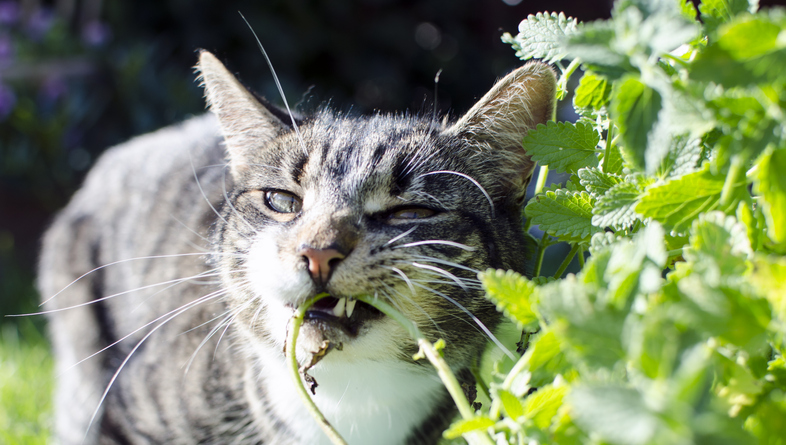
If you’re a cat owner or have spent any time around these fascinating creatures, you’ve probably heard of catnip. Catnip, scientifically known as Nepeta cataria, is a herbaceous plant that belongs to the mint family. Its effects on felines have intrigued and entertained humans for centuries. But what exactly does catnip do to cats?
The Catnip Experience
1. Euphoria and Playfulness:
When cats encounter catnip, they often exhibit behaviors that range from amusing to downright hilarious. Most cat become extremely playful, rolling around, darting in circles, and generally acting like they’re having the time of their lives. This is because catnip contains a compound called nepetalactone, which interacts with receptors in a cat’s nasal tissue, leading to a kind of euphoric state.
2. Stimulation and Excitement:
Catnip can also stimulate a cat’s senses, making even the laziest of felines suddenly interested in their surroundings. They might become more energetic and curious, exploring their environment with newfound enthusiasm. It’s not uncommon to see a cat sniffing, licking, or rubbing against objects that have been sprinkled or infused with catnip.
3. Relaxation and Contentment:
Interestingly, while catnip can make cats hyperactive and playful, it can also have a calming effect on others. Some cats become remarkably relaxed and content after indulging in a bit of catnip. They may simply lie down, purr contentedly, or even fall asleep. The calming effects of catnip are particularly noticeable in cats that are anxious or stressed.
Is Catnip Safe?
For the vast majority of cats, catnip is completely safe. It’s non-addictive and non-toxic, so there’s no need to worry about your cat overdosing on it. However, like anything else, moderation is key. Too much catnip can lead to an upset stomach or temporary behavioral changes, but these effects are usually short-lived and harmless.
Not All Cats Are Reactant
It’s important to note that not all cats respond to catnip. Sensitivity to catnip is hereditary, and around 50-70% of cats possess the gene that makes them react to it. Kittens and older cats are less likely to respond to catnip than adult cats, and sensitivity can also vary between individuals of the same litter.
In conclusion, catnip is a fascinating and entertaining herb that can have a variety of effects on our feline friends. From euphoria and playfulness to relaxation and contentment, catnip can bring out different reactions in different feline. Whether your cat goes wild or simply enjoys a moment of bliss, catnip can provide enrichment and fun for both you and your furry companion.
So, the next time you want to treat your cat to something special, consider giving them a little bit of catnip and watch as they embark on their own unique adventure!